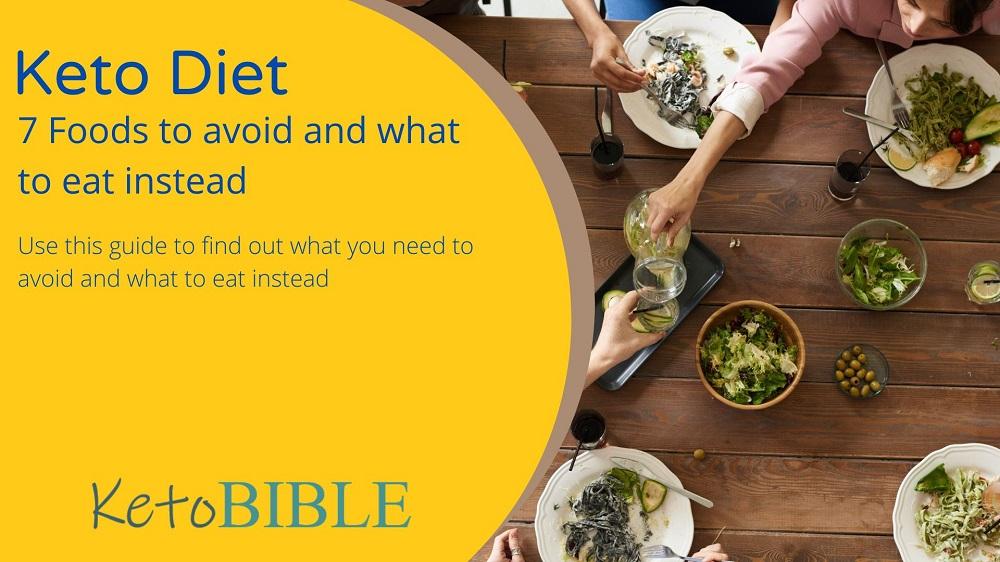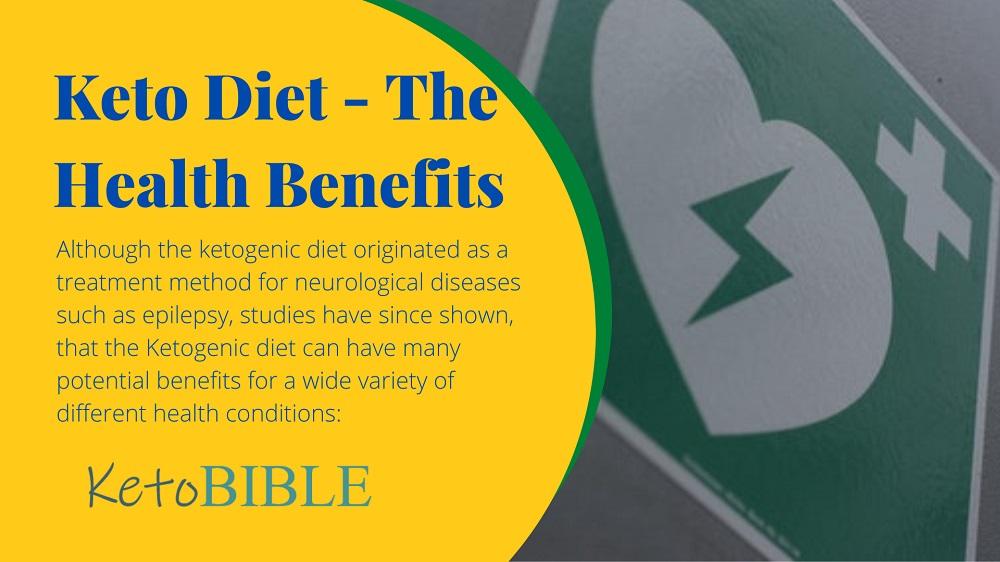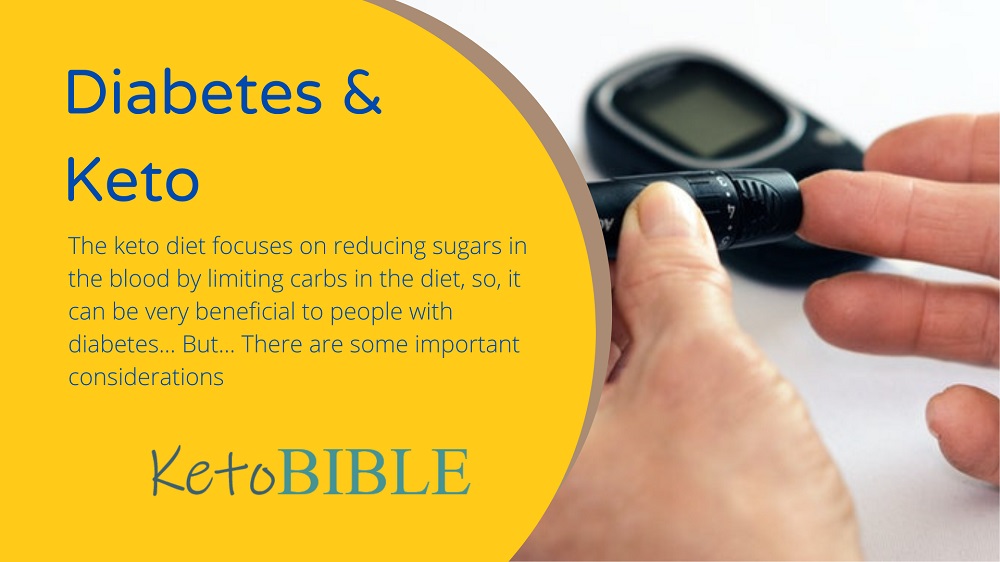Take Control of your Keto Diet Today...
Keto Diet FAQs – Frequently Asked Questions
Welcome to the ketogenic diet Frequently Asked Questions (FAQ) section, your comprehensive guide to understanding and navigating the world of keto.
Whether you’re a beginner exploring the basics or a seasoned keto enthusiast seeking further insights, this FAQ section aims to address your most common queries.
To provide you with accurate and reliable information, we have compiled these frequently asked questions based on popular search queries and reputable sources, including the valuable resources available at ketoBible Blog, our website is 100% dedicated to all things ketogenic.
From the fundamentals of the diet to practical tips, potential benefits, and considerations for different lifestyles, this FAQ section aims to provide clarity and support on your keto journey.
So, let’s dive into the most frequently asked questions and unravel the mysteries surrounding the ketogenic diet…
Frequently Asked
The ketogenic diet, or keto diet for short, is a low-carbohydrate, high-fat eating plan that has gained popularity for its potential health benefits.
By drastically reducing carbohydrate intake and replacing it with fat, the body enters a metabolic state called ketosis.
In ketosis, the body shifts from using glucose as its primary fuel source to utilizing fat as fuel, resulting in the production of ketones.
This article provides an overview of the ketogenic diet, explaining its principles and how it affects the body.
The ketogenic diet works by altering the body’s metabolism and energy source.
When carbohydrate intake is restricted, the body depletes its glycogen stores and turns to fat for fuel.
As fats are broken down, ketones are produced in the liver, which serve as an alternative energy source.
By maintaining a state of ketosis, the body becomes more efficient at burning fat for energy, potentially leading to weight loss and other health benefits.
This article delves into the mechanisms behind the ketogenic diet and how it influences the body’s metabolism.
A ketogenic diet primarily focuses on consuming foods that are low in carbohydrates and high in healthy fats.
Common food choices include fatty meats, fish, eggs, avocados, nuts, seeds, oils, and non-starchy vegetables.
Whilst starchy foods like root vegetables, grains, most fruits, and sugars are limited, there is still a wide range of delicious and nutritious foods that can be enjoyed on a ketogenic diet.
This article provides a comprehensive guide to the foods that are typically included in a ketogenic diet.
And this article provides a guide to the food you should be avoiding.
To achieve and maintain ketosis, it is important to avoid or limit foods that are high in carbohydrates.
These include sugary snacks, bread, pasta, rice, potatoes, and most fruits.
Processed foods and those with added sugars should also be minimized.
Understanding which foods to avoid is crucial for the success of a ketogenic diet. In this article, we highlight the foods that are typically restricted or limited when following a ketogenic eating plan.
The ketogenic diet has been associated with a range of potential benefits beyond just weight loss.
Some studies suggest that it may improve blood sugar control, enhance cognitive function, increase energy levels, and reduce inflammation.
Additionally, low-carb diets have shown promise in managing certain medical conditions such as epilepsy and polycystic ovary syndrome (PCOS).
This article explores the potential benefits of a ketogenic diet and the scientific evidence supporting these claims.
Weight loss is one of the primary reasons people turn to the ketogenic diet. By reducing carbohydrate intake and increasing fat consumption, the body is forced to burn stored fat for energy.
This metabolic shift can lead to significant weight loss in some individuals.
In our Blog article, we explore the effectiveness of the ketogenic diet for weight loss, discussing the scientific evidence, potential mechanisms, and factors that may influence results.
Entering ketosis, the metabolic state where the body produces and utilizes ketones, varies from person to person.
While there is no fixed timeframe, it typically takes a few days to a week of strict carbohydrate restriction to achieve ketosis.
Factors such as individual metabolism, activity level, and dietary adherence can influence the time it takes. Try the Keto Macro Calculator to understand these factors.
In our guides section, we delve into the process of getting into ketosis and provide tips to help expedite the transition.
Ketones are molecules produced in the liver when the body metabolizes fat for energy in the absence of carbohydrates.
These ketone bodies, namely beta-hydroxybutyrate (BHB), acetoacetate, and acetone, serve as an alternative fuel source for the brain and other tissues.
Understanding ketones and their role in the ketogenic diet is essential for comprehending the physiological changes that occur during ketosis.
This article explains the importance of ketones and their relevance to the ketogenic diet.
While the ketogenic diet can have numerous benefits, it’s important to be aware of potential side effects and risks.
Some individuals may experience what is commonly referred to as the “keto flu,” which includes symptoms like fatigue, headache, and nausea during the initial transition.
Additionally, long-term adherence to a high-fat, low-carb diet may pose challenges in meeting nutrient needs and could have impacts on cholesterol levels.
This article addresses the potential side effects and risks associated with the ketogenic diet.
The ketogenic diet has gained attention as a potential therapeutic approach for individuals with diabetes.
By minimizing carbohydrate intake, the diet can help regulate blood sugar levels and reduce the need for insulin.
However, managing diabetes while following a ketogenic diet requires careful monitoring and medical supervision.
Explore the considerations for individuals with diabetes who are interested in adopting a ketogenic diet and provide insights into its potential benefits and challenges.
Adopting a ketogenic diet can be a bit more challenging for vegetarians or vegans since the diet heavily relies on animal-based products and fats.
However, with careful planning and food choices, it is absolutely possible to follow a vegetarian or vegan ketogenic diet.
Check out these super simple recipes designed to suit a vegetarian or vegan lifestyle, offering alternative protein and fat sources and providing practical tips for success.
While the short-term safety of the ketogenic diet is generally well-established, concerns have been raised about the potential risks of following it in the long term.
Limited research exists on the safety and sustainability of prolonged adherence to the strict macronutrient ratios of the ketogenic diet. It’s crucial to consider factors such as nutrient adequacy, gastrointestinal health, and metabolic implications.
here… we delve into the safety considerations of long-term ketogenic dieting and provide insights into maintaining a balanced approach.
Determining whether you have achieved ketosis can be done through various methods.
Common indicators include increased ketone levels in the blood, urine, or breath, as well as changes in energy levels, appetite, and mental clarity.
Testing methods, such as blood ketone meters, urine test strips, or breath analyzers, can help monitor ketone levels. This article by clevelandclinic.org discusses different approaches to detecting and confirming ketosis, helping you understand how to assess your body’s metabolic state.
Alcohol consumption can pose challenges on a ketogenic diet since many alcoholic beverages contain carbohydrates.
When following a ketogenic lifestyle, it’s important to be mindful of the type and quantity of alcohol consumed.
Certain low-carb alcoholic options, such as dry wines or spirits without sugary mixers, can be enjoyed in moderation while minimizing the impact on ketosis.
Healthline.com explore the effects of alcohol on ketosis and provide guidelines for responsible alcohol consumption on a ketogenic diet.
Fruits are generally limited on a ketogenic diet due to their natural sugar content.
While fruits are nutritious and contain essential vitamins and minerals, their carbohydrate content can inhibit ketosis.
However, some low-carb fruits, such as berries, can be included in moderation.
This article discusses the role of fruits in a ketogenic diet, provides a list of low-carb fruit options, and offers strategies for incorporating them into your eating plan without jeopardizing ketosis
The ketogenic diet has shown promising effects in managing certain medical conditions.
For example, it has been used as a therapeutic approach for reducing seizures in individuals with epilepsy, particularly in children.
Additionally, the ketogenic diet may have potential benefits for individuals with polycystic ovary syndrome (PCOS), a hormonal disorder.
This article from NLIM at PubMedCentral explores the role of the ketogenic diet in managing specific medical conditions and discusses the current research supporting its use.
One concern often raised about the ketogenic diet is its impact on cholesterol levels.
Since the diet is high in fat, there is concern that it may raise LDL (“bad”) cholesterol levels.
However, research on the effects of the ketogenic diet on cholesterol profiles has yielded mixed results.
Some studies show an increase in LDL cholesterol, while others demonstrate improvements in overall cholesterol markers.
This article on Pubmed examines the relationship between the ketogenic diet and cholesterol levels, helping to shed light on this frequently asked question.
Planning meals on a ketogenic diet can be challenging, especially for beginners.
However, with creativity and knowledge of keto-friendly foods, there are numerous delicious meal options available.
From hearty breakfasts to satisfying dinners and snacks, these sections offer a variety of meal ideas and sample meal plans to inspire and support your journey on the ketogenic diet.
Tracking macronutrients, namely fats, proteins, and carbohydrates, is an essential aspect of the ketogenic diet.
Calculating your macros allows you to maintain the desired macronutrient ratios necessary for achieving and sustaining ketosis.
Our Keto Macro Calculator explains the process of calculating macros on a ketogenic diet, provides guidance on determining your ideal macronutrient breakdown, and offers practical tips for effectively tracking and adjusting your intake.
Engaging in regular physical activity is important for overall health and well-being, regardless of the dietary approach.
While the ketogenic diet may require some adjustments in terms of fueling and energy availability during exercise, many individuals successfully combine exercise with a ketogenic lifestyle.
There are 4 main types of ketogenic diet… specifically because there is a difference between those undergoing regular excercise and others who are less active.
Check here to read more about the different types of keto diet and the relationship between the ketogenic diet and exercise.
Useful Ketogenic Diet Health Links
The Charlie Foundation for Ketogenic Therapies
(https://www.charliefoundation.org/)
The Charlie Foundation is a nonprofit organization that provides information, resources, and support for those interested in therapeutic ketogenic diets, particularly for epilepsy management.
Their website offers educational materials, research articles, success stories, and practical tips for implementing the ketogenic diet.
Healthpointchc.org
Ask a HealthPoint Expert – Keto, Yes or No…?
Good health is an ongoing journey. That’s why the best healthy eating plan is the one you can stick with in the long term.
Keto offers many people short-term benefits like weight loss; however, the diet is so restrictive that it can be a struggle to maintain.
Harvard Health Publishing
“The Keto Diet: What is it and Does it Work?”
Harvard Health Publishing, a division of Harvard Medical School, offers an informative article discussing the basics of the ketogenic diet, its potential benefits, and its effectiveness for weight loss.
The article also addresses the possible risks and provides insights from medical professionals.
National Center for Biotechnology Information (NCBI)
“The Ketogenic Diet: Evidence for Optimism but High-Quality Research Needed”
This scientific review article, published on NCBI, provides an in-depth analysis of the ketogenic diet, examining its therapeutic applications, potential benefits, and areas requiring further research. It offers a comprehensive overview supported by references to studies and scientific literature.
Johns Hopkins Medicine
Johns Hopkins Medicine is renowned for its expertise in epilepsy treatment, including the ketogenic diet. Their Ketogenic Diet Center provides valuable resources, information about clinical trials, and expert insights into the use of the ketogenic diet for epilepsy management. It serves as a trusted source for those seeking reliable information on therapeutic ketogenic diets.
The National Institute of Diabetes and Digestive and Kidney Diseases (NIDDK)
“Ketogenic Diet for Weight Loss”
The NIDDK, a part of the National Institutes of Health (NIH), offers valuable information on the ketogenic diet for weight loss. Their webpage provides an overview of the ketogenic diet, its potential benefits, and considerations for implementation. It includes evidence-based insights, tips for success, and links to additional resources for individuals looking to incorporate the ketogenic diet into their weight management journey.
(Note: These links are provided for reference purposes and should not replace professional medical advice. Always consult with a healthcare professional before making significant dietary changes.)

